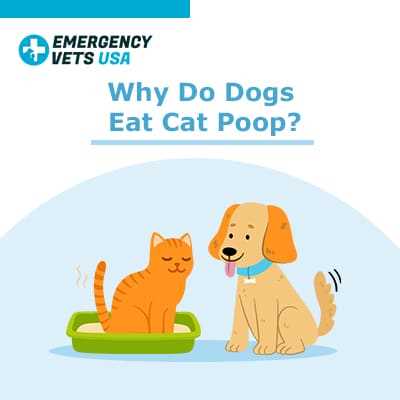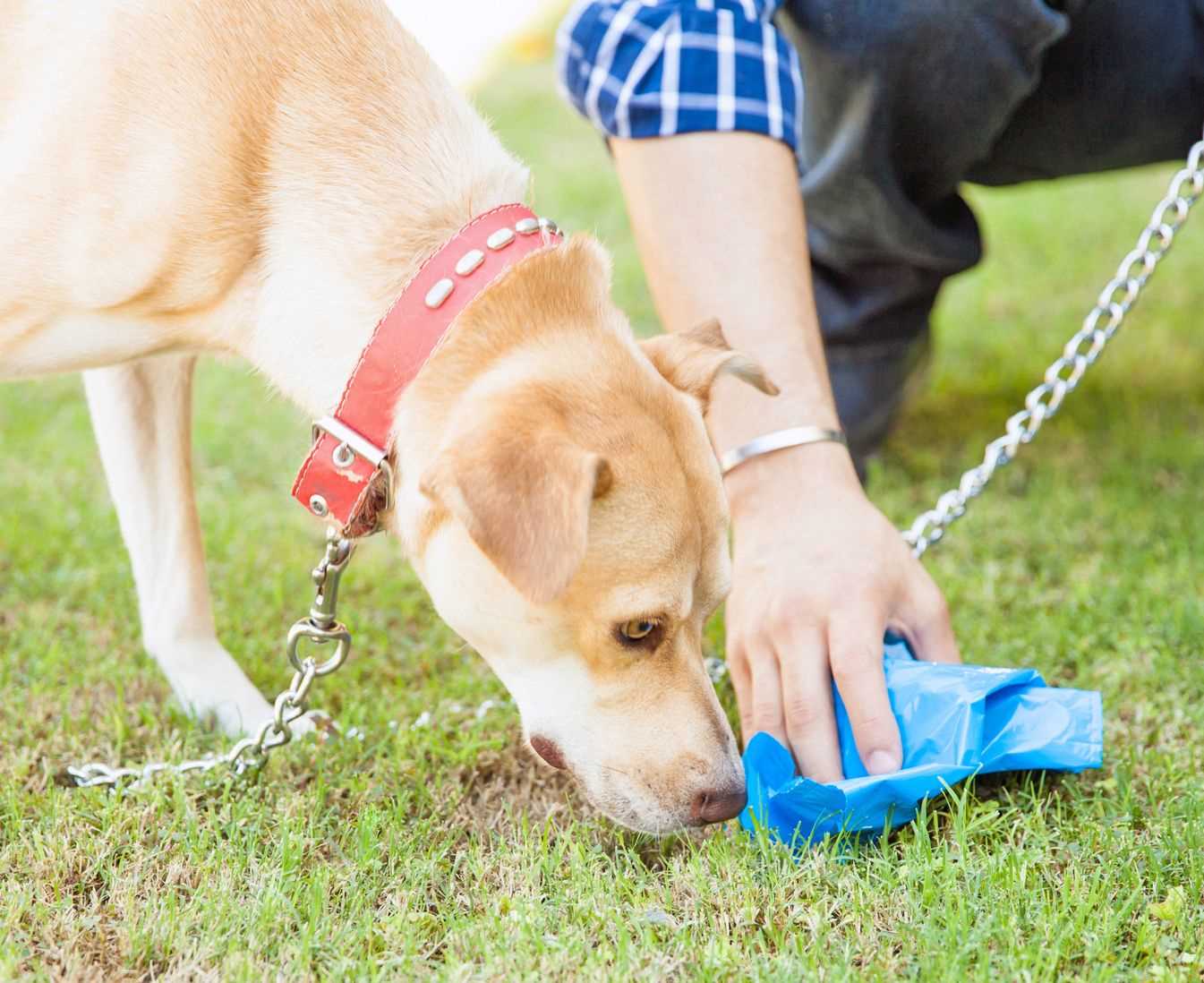

First things first, it’s a common occurrence for younger four-legged friends to explore their surroundings through tasting. This behavior can stem from a natural curiosity and an instinctual drive to investigate the environment. The intriguing aroma and texture of certain substances, often found in litter boxes, may attract attention.
Additionally, there is a possibility that the nutritional content of these items piques interest. Sometimes, remnants of undigested food can provide a source of nutrients that the curious explorers might be missing in their own diets. This behavior can also be linked to the instinctive scavenging habits seen in canines, where they seek out various food sources.
To address this, ensuring a balanced diet with adequate nutrition can help reduce the tendency to engage in this behavior. Regular exercise and mental stimulation are also key to keeping their minds occupied, steering them away from less desirable snacks. Keeping litter boxes clean and out of reach is another effective strategy to manage this curiosity.
Curiosity and Nutritional Needs
It’s all about curiosity and the search for nutrients. Young canines often explore their surroundings through taste, and this behavior can be linked to instinctual foraging. They may find the scent of feces enticing due to residual nutrients that appeal to their growing bodies.
In some cases, the presence of undigested food in the droppings can attract them. The dietary habits of felines can differ significantly, leading to a treasure trove of flavors that they might not be getting from their own meals.
To discourage this, ensure a balanced diet that meets all their nutritional requirements. Regular feeding schedules and portion control can help satisfy their hunger and reduce the urge to scavenge.
Creating a clean environment is equally important. Promptly remove any waste from litter boxes and outdoor areas to minimize temptation. Training sessions can also be beneficial; teaching commands like “leave it” can redirect their attention away from undesirable snacks.
Understanding the Nutritional Attraction of Cat Feces
It’s intriguing to consider the reasons behind the allure of my droppings for young canines. The primary factor lies in the undigested nutrients found in cat waste. As a feline, my diet often contains ingredients that are rich in proteins and fats, which may not be fully absorbed during digestion. This means that a portion of these nutrients can be present in the waste, making it a tempting snack for curious dogs.
Digestive Enzymes and Bacteria
The presence of certain digestive enzymes and beneficial bacteria in my waste contributes to its appeal. These microorganisms can offer a unique flavor and scent profile that attracts inquisitive pups. Additionally, the fermentation process that occurs in my intestines can enhance the taste, making it even more enticing.
Health Considerations
While this behavior may seem harmless, it’s essential for caregivers to monitor their pets. Consuming my waste can lead to gastrointestinal issues or exposure to parasites. Regular deworming is crucial, and I recommend checking out a liquid dewormer for cats to keep those pesky invaders at bay.
Behavioral Reasons Behind Coprophagia in Puppies
Observing this peculiar behavior often leads to questions about motivations. One significant factor is curiosity. Young canines explore their environment through taste and smell, and feces can be an intriguing discovery.
Another aspect relates to mimicry. In a multi-pet household, youngsters might imitate adult animals, which can include the consumption of excrement as a learned behavior. This imitation often stems from social learning, where the young one observes and mimics actions of older companions.
Stress and Anxiety

Emotional states play a crucial role as well. Stress or anxiety can prompt this behavior as a coping mechanism. Changes in the living environment, such as new pets or family members, can trigger discomfort. Providing a stable and predictable atmosphere can help mitigate these feelings.
Attention-Seeking Behavior
Sometimes, attention-seeking can drive unwanted actions. If a young animal notices that this behavior attracts attention–whether positive or negative–it may continue to do so. Encouraging desirable habits and providing ample playtime can redirect focus and reduce instances of this behavior.
- Maintain a consistent routine.
- Provide plenty of interactive toys.
- Offer positive reinforcement for good behavior.
Understanding these behavioral motivations can lead to effective strategies for addressing the issue. By fostering a supportive and engaging environment, one can encourage healthier habits and reduce the likelihood of unwanted behaviors.
Health Risks Associated with Puppies Consuming Feline Waste
Allowing young canines to ingest feline excrement poses significant health dangers. Contaminated feces can transmit parasites such as roundworms and hookworms, which may lead to severe gastrointestinal issues or even more serious systemic infections. Regular deworming is essential for both species, yet the presence of these parasites can complicate treatment and recovery.
Additionally, pathogenic bacteria like Salmonella and E. coli can be present in cat droppings. If ingested, these microorganisms can cause gastrointestinal distress, resulting in vomiting, diarrhea, and dehydration. Symptoms may require veterinary intervention, especially in younger animals with developing immune systems.
Nutritional Imbalances
Feline excrement may contain undigested nutrients, attracting canines. However, this attraction can lead to nutritional imbalances. Regular consumption of such waste can result in deficiencies or excesses of essential nutrients, potentially impacting growth and overall health. A balanced diet is vital for proper development, and reliance on unsanitary sources is detrimental.
Behavioral Concerns

Engaging in this behavior might also indicate anxiety or stress in younger canines. Addressing underlying behavioral issues is necessary to prevent recurrence. Consulting a veterinarian or animal behaviorist can provide strategies for modifying this behavior and ensuring a healthier lifestyle.
Training Techniques to Discourage This Behavior
If you want to curb this unusual appetite, consistency is key. Start by supervising your little friend during outdoor time, particularly when they have access to areas where other animals may roam. When you catch them in the act, use a firm but calm “no” to redirect their attention.
Positive reinforcement works wonders. Whenever they engage in appropriate foraging behaviors, reward them with treats or praise. This approach helps them associate good behavior with positive outcomes, steering them away from undesirable habits.
Providing a balanced and nutritious diet can also minimize interest in other animals’ waste. Ensure they receive adequate meal portions throughout the day, as hunger may drive them to seek alternative food sources.
Additionally, consider using barriers. If possible, secure litter boxes in areas that are hard to reach or inaccessible. This simple adjustment can significantly reduce temptation.
Engagement is crucial. Regular playtime and mental stimulation can help distract from exploring less savory options. Toys, puzzle feeders, or interactive games can keep them entertained and focused on healthier alternatives.
Lastly, maintaining cleanliness in shared spaces is important. Regularly cleaning up after any animal will reduce the likelihood of this behavior. You might even find that a best pressure washer for balcony decking can make this task easier.
When to Consult a Veterinarian About Your Puppy’s Diet
If you notice unusual eating habits or gastrointestinal issues, a visit to the vet is necessary. Signs such as vomiting, diarrhea, or lethargy following the consumption of feces warrant immediate attention. Irregularities in weight gain or loss can also indicate dietary deficiencies or health concerns.
Signs of Nutritional Deficiencies
Lack of energy, dull coat, or poor growth can signal inadequate nutrition. If your furry friend seems uninterested in regular meals but finds other sources appealing, it’s time to seek professional advice. The vet may recommend specific dietary adjustments or supplements.
Behavioral Concerns
Excessive interest in waste can stem from behavioral problems or stress. If this becomes a recurring issue despite training efforts, consulting a veterinarian can help identify underlying causes. Behavioral modifications or additional training might be suggested to address these patterns effectively.









